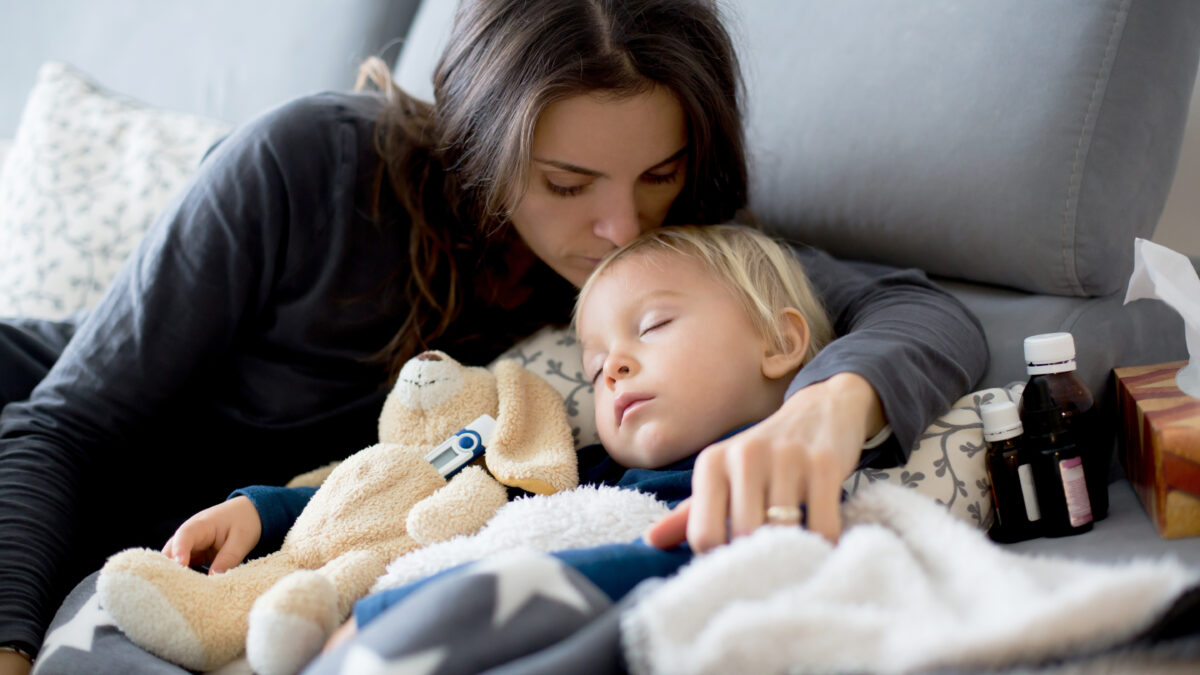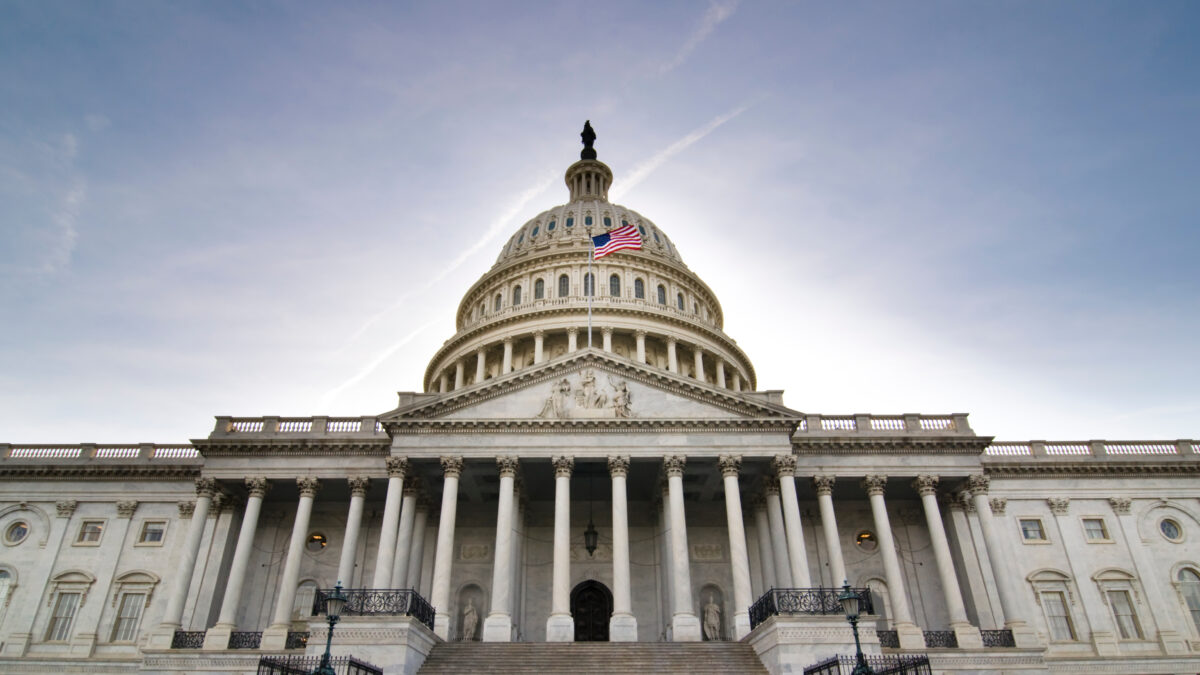This fall, families will have more ways to protect their infants and young children from RSV.
The FDA recently approved, and the CDC recommended, a vaccine against RSV, or respiratory syncytial virus. Pregnant mothers can receive the vaccine between the 32nd and 36th week of pregnancy to protect their babies from the potentially deadly seasonal virus.
The vaccine joins another new treatment for infant and toddler RSV prevention that was approved and recommended earlier this year. Together, these interventions double available tools to protect babies from the leading cause of hospitalization in infants under age 1.
Increasing Access to Protect Infant Health
When it comes to preventive RSV interventions, however, available treatments are not always accessible to all families.
The infant and toddler preventive intervention approved this summer, called nirsevimab-alip, was recently added to the Vaccines for Children program. The program makes childhood immunizations available at low or no cost.
Families and health care providers now wait to see how accessible health plans will make the newest RSV vaccine for pregnant mothers.
The road to addressing RSV requires a collective effort driven by health care providers and policymakers, who can extend lifesaving technologies to everyone, regardless of background or means.
About RSV
Respiratory syncytial virus is common, with most children getting it by age 2. And while all infants are at risk of severe RSV disease, it is most dangerous to premature babies and newborns with certain health complications. RSV also levies a significant emotional and financial burden on families.
Nearly 300 deaths in children under age 5 are attributed to RSV-related infections annually, according to CDC data. The advantages of making vaccines and immunizations accessible are significant.




